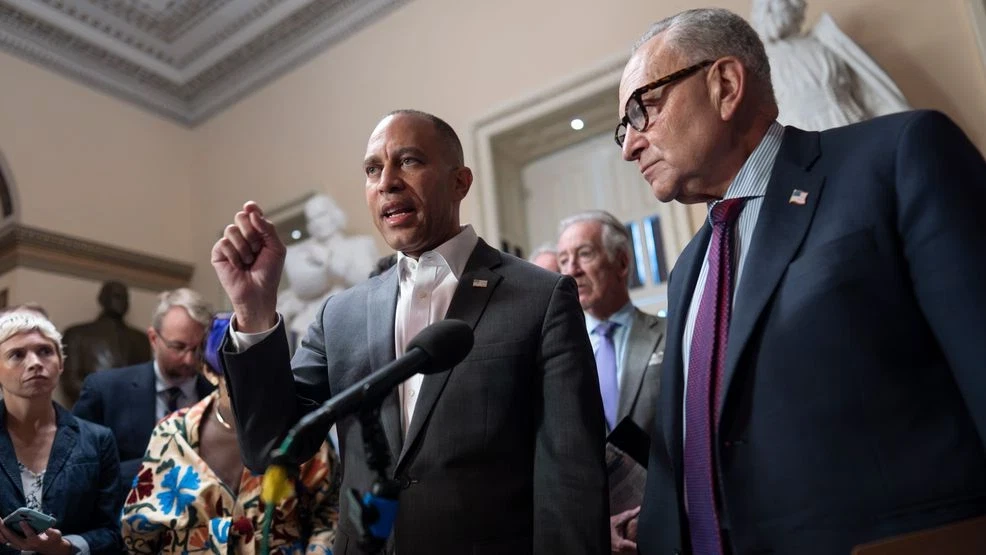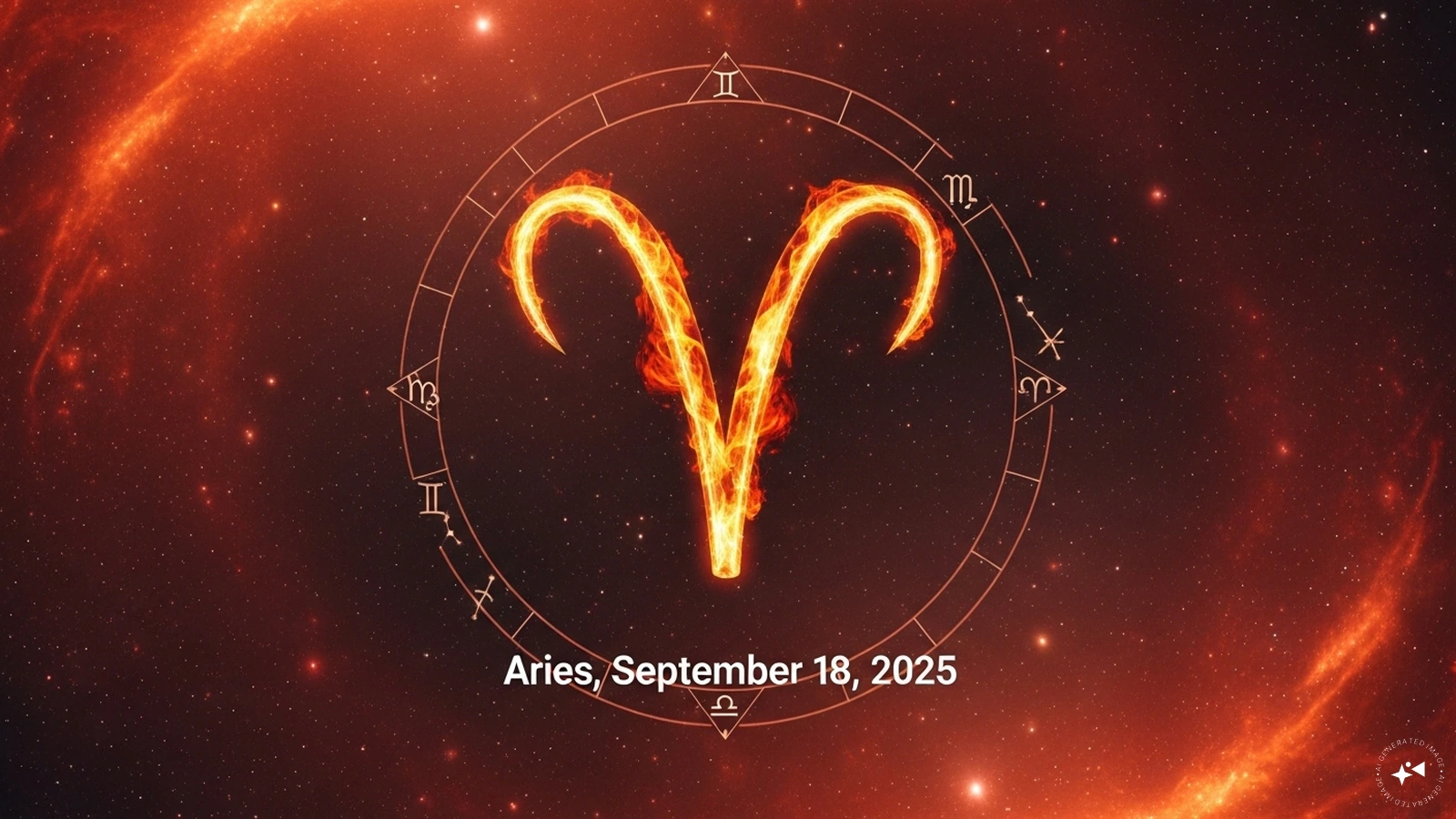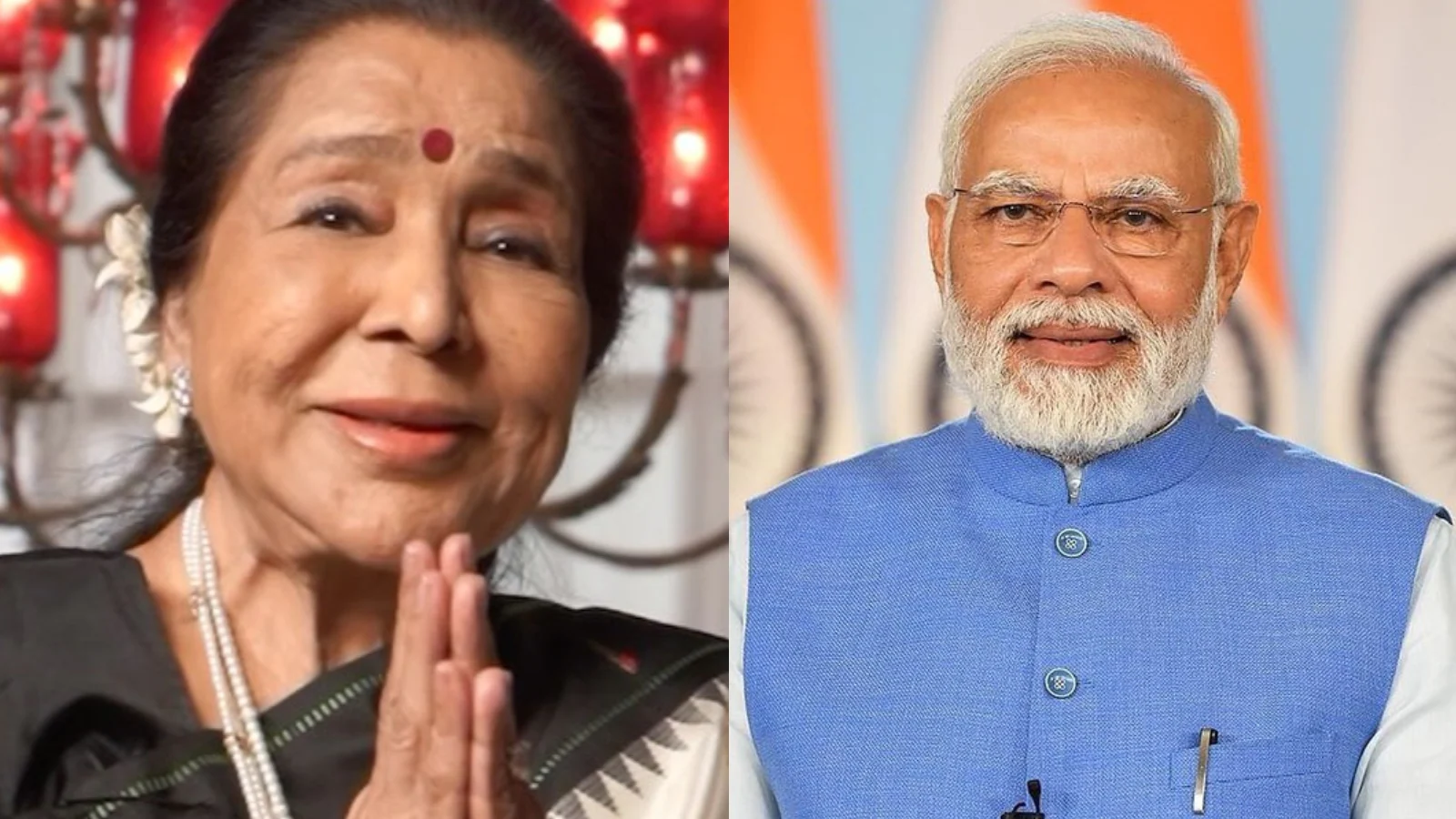
Republican lawmakers took the government to the brink of closing in 2013 as they attempted to repeal the Affordable Care Act, or ACA. Now, more than 10 years later, Democrats are holding a similar line over the same law with government funding on the line.
At the time, the Republican-controlled House wanted to defund the ACA, while the Democratic majority in the Senate aimed to maintain funding levels without any conditions. The shutdown began in October 2013 and lasted for 16 days, making it one of the longest shutdowns in U.S. history.
Hundreds of thousands of federal employees were furloughed, and more than a million workers were required to work without guaranteed pay. Some estimates cost the U.S. economy nearly $6 billion and impacted government services that disrupted policy making on trade.
Today’s showdown is slightly different, in that Republicans control both the House and Senate. But like in 2013, much of the haggling boils down to health care.
Republicans want a clean continuing resolution and are rejecting Democrats’ push to extend ACA subsidies beyond this year. Senate Minority Leader Chuck Schumer also wants a repeal of the Medicaid cuts in President Trump’s tax law, as does House Minority Leader Hakeem Jeffries.
Jeffries told reporters he and other Democrats are waiting for the GOP to re-open negotiations to “avoid a painful Republican-caused shutdown.” Schumer is leveling similar broadsides, arguing that Trump should “shut off” his television and “come sit down and negotiate with us.”
Their remarks come after Trump cancelled a meeting with both leaders, saying it would not be useful. Republicans say they are glad to debate the subsidies — after the CR deal is complete.
That’s something in which members, Republican senators and I think, for that matter, Republican House members have an interest, as well, but this isn’t the place to do that,” Senate Majority Leader John Thune . Many House Republicans represent districts where constituents depend on the subsidies, so there is an incentive to act on the subsidies.
Adding a new wrinkle into the mix is a new left-leaning poll from Data for Progress showing that most Americans would blame Trump or Republicans if there is a shutdown. A smaller 32% of Americans would hold Democrats responsible for such an outcome, . This, and polls suggesting people are supportive of the effort to extend subsidies, is giving Democrats reason for optimism.
Trump has largely gotten what he’s wanted from Congressional Republicans, effectively freeing him up to demand the status quo continue unabated. A shutdown might also be a distraction from the drip-drip-drip of the House’s push for the administration to release all of the files they have on deceased sex offender Jeffrey Epstein, as well as a slowing economy.
Some Democrats worry the president doesn’t have much to lose in this fight.
They’re begging us to shut it down. That’s a honey trap,” Sen. John Fetterman, D-PA told reporters earlier this week. That’s not a position shared by Sen. Peter Welch, D-Vt, who said Trump’s unilateral spending cuts and hollowing out of federal agencies indicates “he wants to shut down.”
Trump’s pollster — Tony Fabrizio — argues Republicans in next year’s election if health insurance premiums increased, as many analysts expect.
While both sides wrestle over who gets held accountable, midterm elections are just around the corner.
The party’s left-wing is pressing Schumer and Jeffries to be more aggressive after Senate Democrats went along with a clean CR back in March, a decision that made the Senate leader toxic inside the Democratic Party.
Polls show the party brand is underwater among most Americans, even as Trump’s approval ratings dip lower. A showed his approval rating dropping to 41%. Much of the drop is due to the public’s increasingly dower view of the president’s handling of the economy.
Even so, poll respondents more often picked the Republican Party over the Democratic Party for managing the economy. The 2013 shutdown didn’t have much of an impact on how the Republican Party performed in the following elections, leading analysts to question whether that pattern will continue next year.



